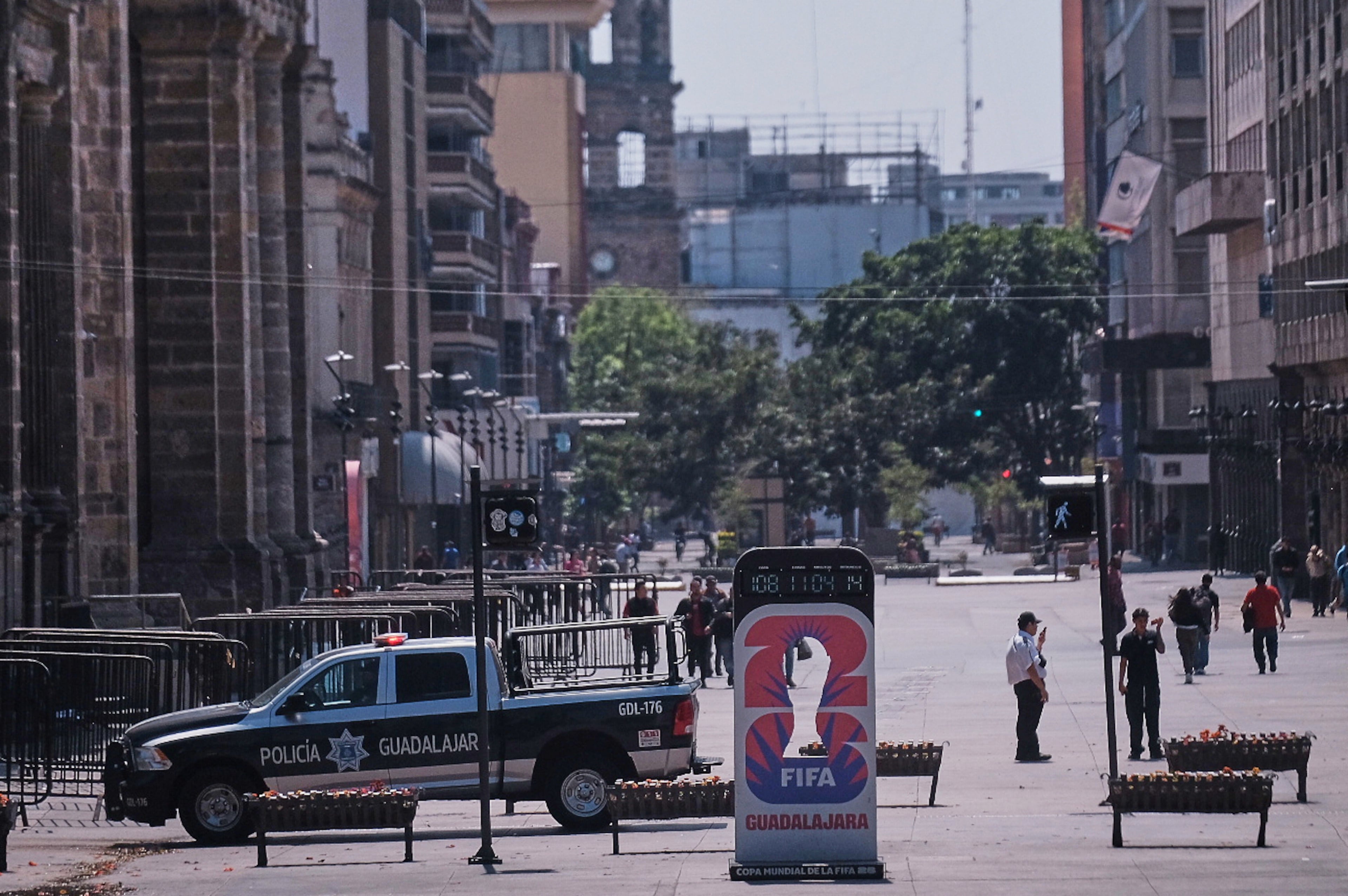Billy Payne recalls the night Ali lit up Atlanta
Muhammad Ali feared little in this life, but in the summer of 1996, he did have one grave concern: Just don’t drop the torch.
It was a week before the Opening Ceremonies of the 1996 Atlanta Games. And Ali, having been smuggled into an after-midnight rehearsal in a secret operation worthy of the CIA, was pondering his role as the great Olympic spark.
He’d be the human crescendo to the ceremonial lighting. He’d take the final hand-off of the Olympic flame from champion swimmer Janet Evans and apply it to the device that would whisk fire to the cauldron above the stadium that today is Turner Field.
“What if I drop it?” Ali asked the fellow who birthed the Atlanta Games, Billy Payne. At this stage, 54 years old, palsied and weakened by the relentless advance of pugilistic Parkinson’s, Ali had reason to worry. Throughout the rehearsal, this once sublime athlete had trouble gaining a sure grip on the torch.
“I said don’t worry about it, it’s not going to go out because this torch that you’re going to be using is not our normal torch. It has been designed so that it’s not going out,” Payne remembered telling Ali. He spoke Saturday morning, just hours after Ali had died at the age of 74.
Payne, who was CEO of the Atlanta Committee for the Olympic Games, was sure to prepare Evans as well: “I told her, now, he struggled with this during the rehearsal. He may drop it. Don’t worry. Just bend over and help him pick it up and y’all light this thing together. That would have been an amazing symbol as well.”
A bit of personal context is in order about here because it speaks loudly to the evolution of the image of the most dynamic and polarizing sports personality of our time.
Payne, like many Americans of a certain age, can confess to a complex relationship with the Ali legacy.
Today, he’ll tell you the three-time heavyweight champion “dominated (boxing) as much as any athlete I can ever think of who dominated their own specific sport.” And Payne, as the chairman of Augusta National and leader of the Masters golf tournament, has some up-close experience with athletic dominance (see Tiger Woods).
Payne worshipped Ali’s artful ring work. He lists the champion as one of his heroes. He also was a 20-year-old square-cut football star at Georgia, from a long line of square-cut Georgians, in 1967 when Ali refused military service during the Vietnam War.
“I was conflicted about how could anybody I love as much as I loved Muhammad Ali not want to go fight for his country,” Payne remembered. “I was not mentally mature enough to be able to deal with whether the war itself was justified or unjustified. I was like if my country says go charge the wall, I’m going to charge.”
“As I grew older, I began to appreciate other people’s point of view and realize that my point of view wasn’t the only one that mattered,” said the man who enjoys absolute rule over the golfing grounds at Augusta.
As the one who spawned and then nurtured the ’96 Games each step of the way, Payne would have ultimate say over the honor of igniting the Olympic cauldron. He remembered the head of NBC Sports at the time, Dick Ebersol, lobbying hard for Ali, sending him books and articles on Ali, as if Payne needed to be schooled on the subject.
Another heavyweight champion, Atlanta’s own Evander Holyfield, a bronze medal winner in the 1984 Olympics after a controversial disqualification, was a leading choice of Payne’s to light the cauldron.
“Through time it became clear that (Ali) representing the Olympic movement, specifically introducing the centennial Games, would be an amazing, illuminating event,” Payne said
Instead, Holyfield, late on the night of July 19, 1996, ran the torch into the Olympic Stadium. From there, it went to Evans. And, then, to…
You almost could hear a global gasp when Ali appeared, as if in a vision out of the sticky Southern summer night. The secrecy surrounding his role — which had included a surreptitious flight into a private airport, a van with blacked-out windows, a safe-house apartment downtown, even signed non-disclosure agreements by Ali and his people — had held to the end.
Ali took the special torch that Evans had lit with her own and held it aloft with a straight right arm, as his clenched left hand fiercely shook.
His whole body trembled as he stooped to light the small plug that would travel a long wire to the Olympic cauldron. Seemed like forever before the thing caught, all the while leaving three billion viewers worldwide to think: Can Ali do this? Will he be OK? Oh, please, don’t let him get burned.
We all know now that, eventually, Ali did light Atlanta’s Olympic fire. And he didn’t drop the torch.
“What I really knew, even though he had some difficulty in rehearsal holding it, man, when the whole world is watching, there is almost zero chance (he’d drop it),” Payne said. “He would have let that flame burn through his arm before he’d turn it loose.”
Ali was a very good choice, indeed.
“First of all,” Payne said, “it was a great way to begin the Games. As we introduced Atlanta, we showed the world someone it already knew about, felt comfortable with, was in love with, sympathized with.
“As we put him on the world stage that night so, too, did he help put Atlanta on the world stage. It was a mutually beneficial moment for both.
“I’ve had people tell me they consider those few minutes where he lit the flame at the Centennial Games one of the great moments in American sport. I can’t think of many other things that had that kind of emotional appeal.”



